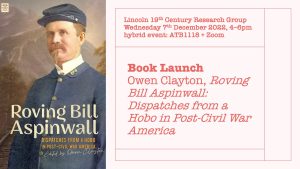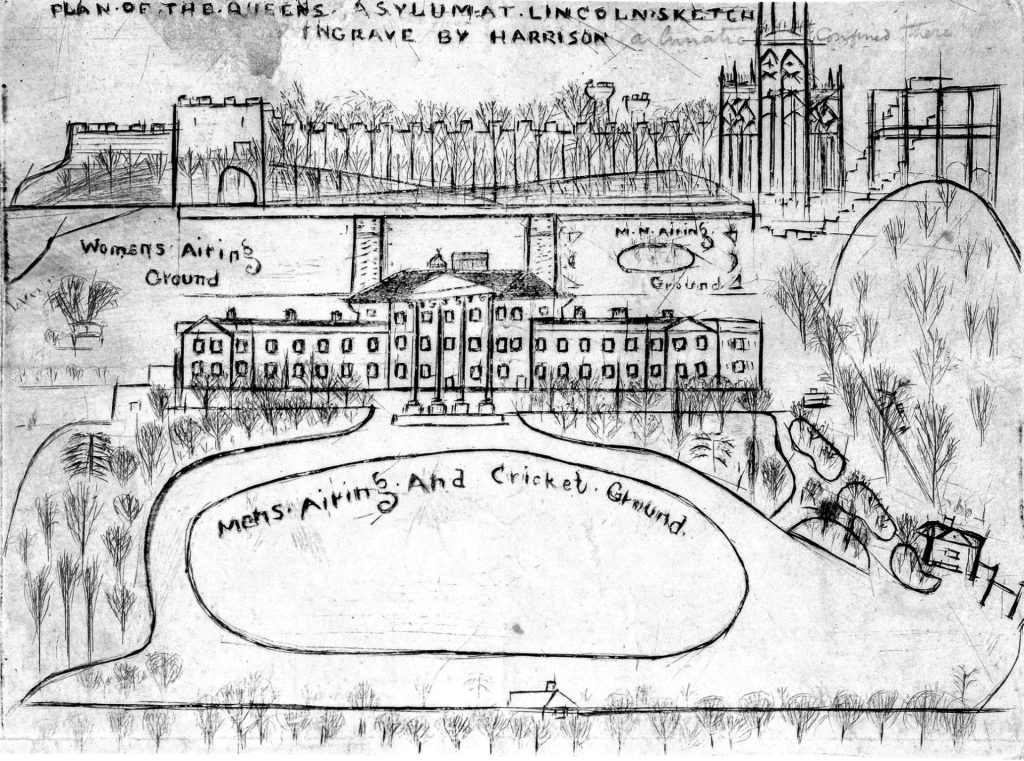Time: 5pm-6:30pm
Location: Minerva Building MB0302 (Cargill Lecture Theatre)
Dr. Clare Broome Saunders (Blackfriars, St. Catherine’s College, Oxford) discusses ‘Visionary Medievalism in the Nineteenth Century: William Blake, Phoebe Anna Traquair, and EBB’s Sonnets from the Portuguese’.
Abstract: Both William Blake and Elizabeth Barrett Browning were skilful and politically driven medievalists: like Blake’s illustrations of Chaucer, EBB’s adaptations of medieval texts and forms offer rich social commentary, as demonstrated in the explosive, boundary-bursting Sonnets from the Portuguese (1850). When Phoebe Anna Traquair (1852-1936) embarked upon an ambitious and intricate project to illustrate EBB’s Sonnets, in 1892, she found her main inspiration for the project in Blake’s art. Traquair combined this with her love of medieval illuminated manuscripts, generated by childhood visits to see the Book of Kells at Trinity College, Dublin, and used her artistic medievalism to highlight the visionary poetic and socio-political medievalism that she found in Blake and EBB. Using Traquair’s illustrations for Sonnets from the Portuguese as a starting point, this talk will explore the ways in which EBB develops and refines Blake’s medievalist imagination.
Bio: Dr Clare Broome Saunders is The Senior Tutor and Fellow of Blackfriars Hall, and a member of the Faculty of English at the University of Oxford. Her research interests include nineteenth-century women’s poetry and nineteenth-century uses of history, as reflected in her books Louisa Stuart Costello: A 19th Century Writing Life (2015) and Women Writers and Nineteenth-Century Medievalism (2009), and in her recent publications on medievalism and politics, and the medievalism of Charlotte Brontë and Elizabeth Barrett Browning.
Organised by Renée Ward on behalf of the Medieval Studies Research Group and the Nineteenth-Century Research Group.



Recent Comments